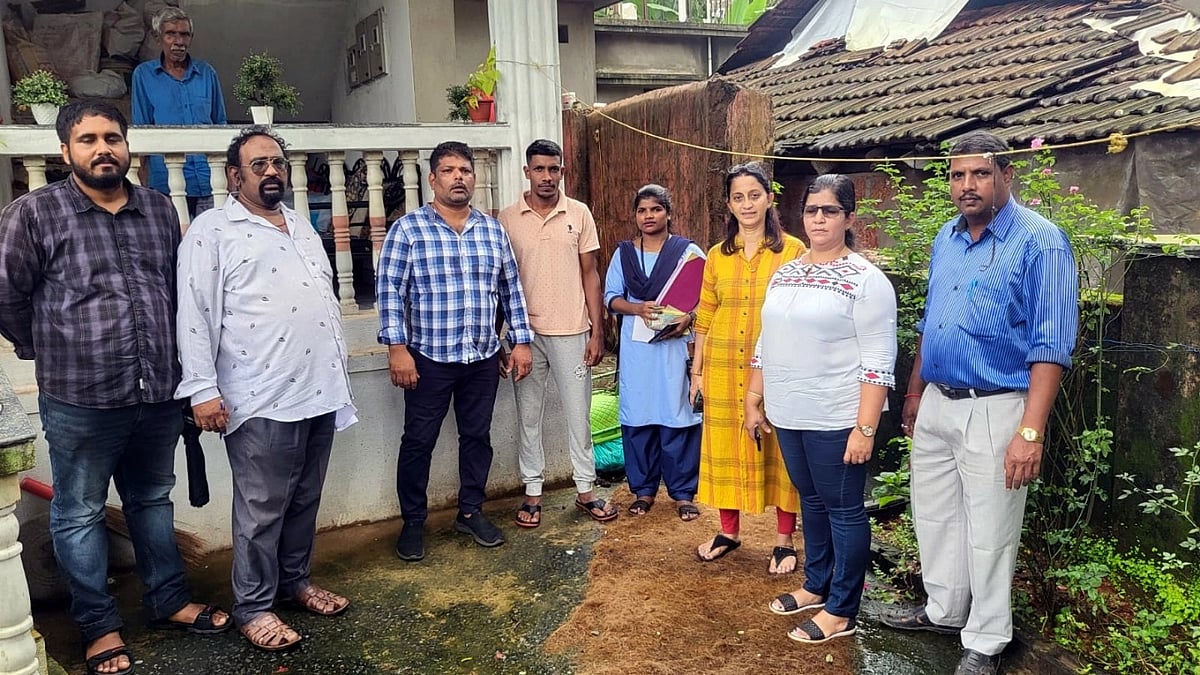PANAJI: The prolonged dry spell is keeping officials of the health department on their toes to tackle a potential outbreak of dengue even as sporadic outbreaks have occurred in recent weeks across the State.
In July when it rained continuously, the State reported at least one case of dengue daily.
According to Dr Kalpana Mahatme, who heads the national vector borne disease control programme in the State, the subsequent dry spell is a cause for worry since it creates ideal conditions for breeding of the dengue mosquito.
From January to July this year, the State has had 110 confirmed cases of dengue. Last month (July) alone accounted for more than 30 of these with localised outbreaks in Vasco and St Cruz.
Mapusa, Siolim, Colvale, Saligao, Cortalim, Pernem, Casarvanem, Sankhalim, Candolim, Aldona, Bicholim, Porvorim, Chimbel, Margao, Vasco and Navelim were the other areas from where confirmed cases were reported, giving the disease a state-wide footprint.
According to Dr Mahatme, an active role of the community is quintessential for the success of any drive to contain the dengue threat.
'Dengue mosquito is a day biter'
“The dengue mosquito is a day biter. It breeds in all kinds of water, even inside homes. The community must co-operate to tackle breeding grounds in their compounds and also in their homes such as in ornamental plant vases and other water accumulating containers,” Mahatme said.
“It can breed even in 5 ml of water. People must commit to go around their houses and ensure that stuff like coconut shells, tyres where water gets accumulated are eliminated,” she added.
According to her the health department through the urban and primary health centres is continuously monitoring the situation and also has a team of workers in the field creating awareness and advising the local community on the measures to be taken.
Mahatme said, local bodies were providing logistic support like workers and transportation services to the health department’s teams working in their respective jurisdictions to tackle the dengue threat. She said, coconut shells and other water accumulating concave vessels lying around in neighbourhoods need to be overturned routinely. Also in homes, all water accumulating containers must be emptied at least once a week, Dr Mahatme added.
Health officials trying to curb dengue in Goa
“The health department on its part has its officials visiting the home of every confirmed case of dengue to detect the source and eliminate it,” Dr Mahatme added.
Dengue numbers are lower than last year but lowering the guard can be disastrous. Unless the community joins in the efforts and follows the do’s and don’ts the battle against the disease can become daunting, she adds.











